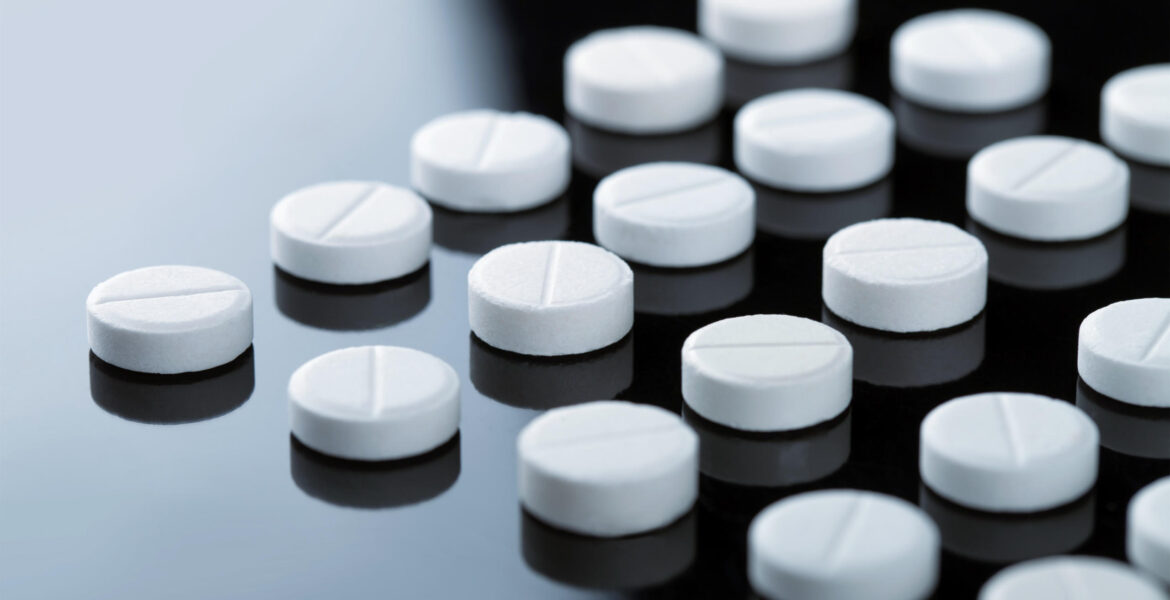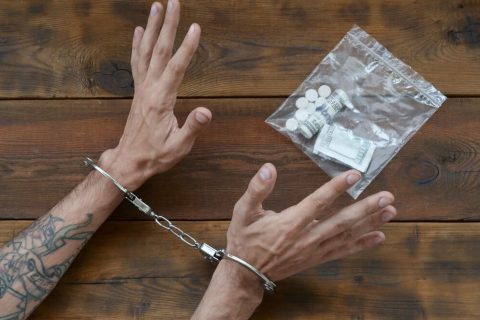Can You Get Addicted to Valium?

Valium is a medication used to treat anxiety and other mental health disorders. But in recent years, Valium has become one of the most frequently abused drugs in the United States, with prescription drug misuse and addiction on the rise.
Valium addiction has devastating effects on individuals, families, and communities alike. From physical dependence to psychological cravings, withdrawal symptoms associated with Valium can be incredibly debilitating.
Keep reading to learn what Valium is, its misuse and side effects, as well as potential treatment options for those struggling with a valium addiction!
Atlantic Recovery Center is a top-rated drug and alcohol treatment center in Davie, Florida. Contact us today to learn more about how our addiction rehab center in South Florida.
What is Valium?
Valium is a benzodiazepine that works by activating specific brain receptors responsible for decreasing anxiety levels; it also produces calming effects on muscles in the body.
How is Valium Used?
Valium is prescribed primarily to treat anxiety, insomnia, and seizures.
In addition, it can also be used for alcohol withdrawal symptoms, muscle spasms, or as a sedative before medical procedures.
Can You Get Addicted to Valium?
Valium is very effective at reducing feelings of fear or stress, but unfortunately, because it’s so powerful, it can cause severe issues if misused, namely addiction.
While Valium isn’t necessarily seen as a recreational drug like other substances such as cocaine or heroin, it still holds high potential for misuse due to its strong psychoactive properties, which make users feel relaxed and content when taken.
The prevalence of Valium abuse has grown significantly over the past few decades as more people are using this medication without consulting their doctor first or following proper dosage instructions, making them susceptible to becoming addicted without even knowing they’re doing so.
Long-term effects of using this drug can lead to an increased tolerance which means more significant amounts must be taken in order to experience the same type of relief initially felt when taking the medication.
Additionally, regular consumption can provoke severe health risks, including liver damage, respiratory depression, memory loss, and changes in mood/behavioral patterns leading up to clinical depression or substance-induced psychosis if left untreated for extended periods.
Addiction Statistics
Valium is one of the most frequently abused prescription drugs in the United States.
According to a study conducted by the Substance Abuse and Mental Health Services Administration (SAMHSA), over 6 million Americans aged 12 and older reported using Valium non-medically within one month between 2013 and 2014.
The National Institute on Drug Abuse (NIDA) also estimates that nearly 2 million Americans are struggling with benzodiazepine dependence.
Why Do People Become Addicted to Valium?
People become addicted to Valium for various reasons, from recreational use to self-medication. This can be especially true when people use the drug to escape or cope with life’s stressors and pressures without developing healthier alternatives.
Valium’s ability to produce a strong sense of relaxation and euphoria when taken can quickly lead to physical dependence if the drug is not used as directed.
What Are the Signs of Valium Abuse?
People who are struggling with Valium abuse may exhibit several signs, such as:
- Increased tolerance for the drug
- Inability to stop or decrease consumption
- Becoming hostile or violent when questioned about their use
- Developing withdrawal symptoms when suddenly stopping consumption
- Neglecting responsibilities in order to obtain and use the drug
- Becoming depressed or anxious when not using
- Visiting multiple physicians in order to get larger amounts of Valium
- Using illegal means to get a supply of the drug
What Are the Side Effects of Valium Overdose?
Valium can be highly dangerous if taken in high doses or combined with other drugs, including alcohol.
Overdose symptoms may include:
- Confusion
- Slurred speech
- Difficulty walking/staying awake
- Severely impaired physical and mental coordination
- Coma
- Death
If you or someone you know is experiencing any of these symptoms, seek medical attention immediately.
What Are Valium Withdrawal Symptoms?
Symptoms of Valium withdrawal can vary but typically include anxiety, insomnia, headaches, nausea, tremors, and sweating. More severe withdrawal symptoms like seizures or delirium can occur in rare cases.
It is important to note that Valium withdrawal should only be undertaken under the care of a medical professional, as it can be dangerous without proper medical supervision.
How Are Addictions to Valium Treated?
Fortunately, there are many available treatment options for those suffering from drug addiction to Valium. These include inpatient treatment or outpatient rehabilitation programs.
Most addiction treatment center plans feature counseling sessions focused on understanding the root causes behind addictive behaviors.
These counseling programs often work alongside cognitive-behavioral therapies designed to equip individuals with healthy coping mechanisms enabling them to combat substance abuse through alternative means.
Furthermore, medical detoxification programs also typically focus on gradually weaning affected persons off the drug safely while providing necessary medical supervision to monitor recovery progress.
Lastly, support groups have been particularly successful at helping recovering addicts keep their sobriety after completing treatment by providing positive reinforcement through fellowship among members who share similar struggles connected with overcoming their own addictions.
Atlantic Recovery Center is a Valium Drug Rehab in South Florida
Valium addiction continues to plague America today but rest assured that treatment options exist which can help individuals address underlying issues driving dependency while properly managing withdrawal symptoms leading to recovery from substance abuse altogether!
Contact the Atlantic Recovery Center staff today to learn more about our Valium addiction treatment programs and how we can help you or someone you know find sobriety and lifelong recovery!





